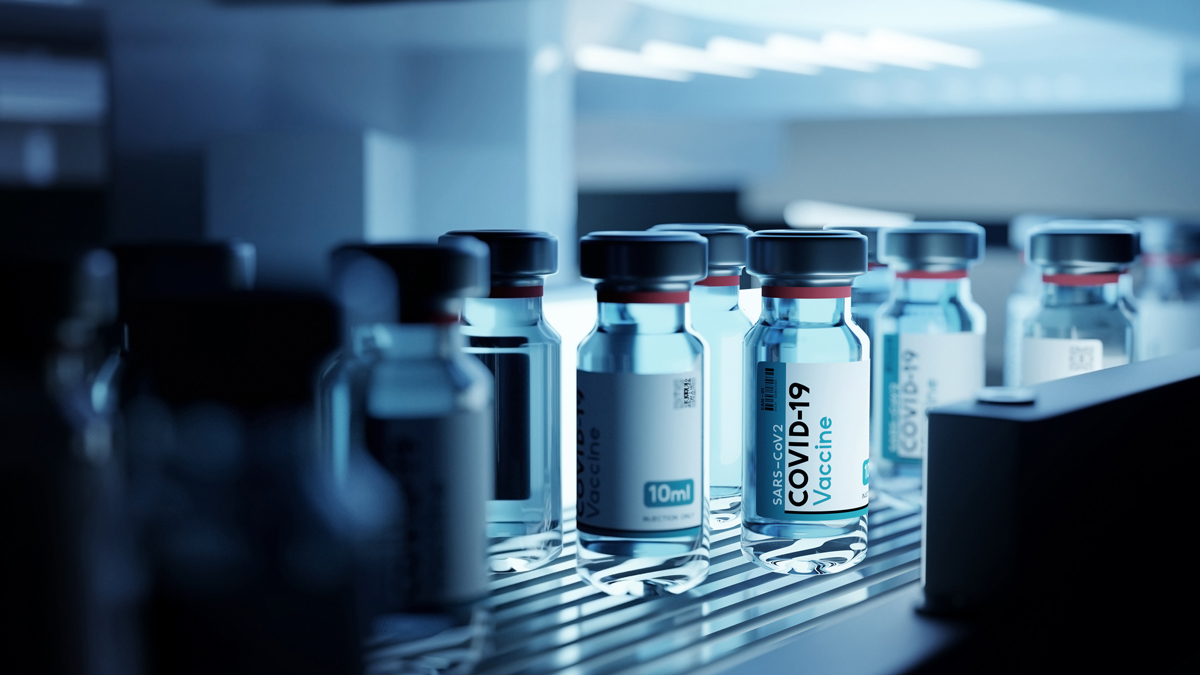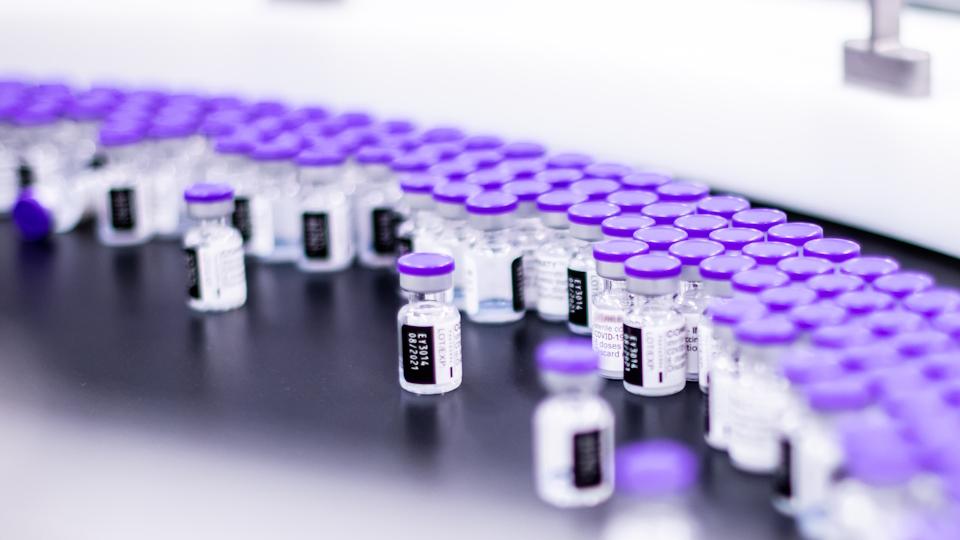Pfizer plans considerable 2023 Comirnaty markup

With US government supplies of Covid vaccines predicted to run out in the first quarter of 2023, it has been revealed that Pfizer/BioNTech plans to charge as much as $130 for its Covid vaccine, Comirnaty, once Covid vaccines and therapeutics are moved onto commercial health platforms. According to The People’s Vaccine Alliance, Comirnaty costs an estimated $1.18 per dose to produce.
For over two years now, the US government has been running its public vaccination campaign – the largest in American history – and has purchased all of the Covid vaccines administered in the States, including over 500 million doses from Pfizer.
The first 100 million vaccines cost circa $20 a dose ($19.50 as of July 2020), with the remaining doses purchased at around $30 per dose ($30.48 as of June 2022). This was due to an earlier agreement, wherein the US government invested $1.95 billion in vaccine production.
Pfizer has now announced that it intends to sell Comirnaty for between $110 and $130 per dose – roughly four times the current price, and 100 times The People’s Vaccine Alliance’s estimated cost of manufacture of each vial. This estimation was drawn from an analysis of data from consumer advocacy Public Citizen and Imperial College London that had been conducted by the international non-profit Oxfam.
Pfizer has not challenged this estimate, but – in addition to noting a “50/50 gross profit split” with BioNTech – it has explained that “[t]here are key differences between an emergency and traditional model that increase the costs of making and distributing the COVID-19 vaccine.”
Such costs, according to Pfizer, include distribution through multiple channels and payers, rather than one, as well as production of single dose vials, which create higher transportation costs and can be up to three times more expensive than multi-dose vials.
Zhiqiang Shu, Ph.D, of Berenberg Capital Markets, has backed up this claim in a note to investors. Meanwhile, Wells Fargo analyst Mohit Bansal stated surprise, having predicted a $50 cost, but notes that such a mark-up could result in between $2.5 billion to $3.5 billion in annual revenue for the company.
Additionally – given that uptake has been slow anyway for Covid-19 booster shots in the States – Pfizer has clarified that it expects most privately insured patients to continue to be covered.
As Angela Lukin, US president of global primary care at Pfizer, said: “Based on our current understanding, when we enter a traditional commercial model, anyone with commercial or government insurance who is eligible to be vaccinated should be able to access the vaccine without any out-of-pocket payments.”
For those who are uninsured, the company has also stated that it intends to provide financial assistance so that they can continue to receive the vaccine for free.
The Pfizer/BioNTech Comirnaty price-hike is not entirely unexpected. Although the projected cost is far more than what CVS – which recently acquired Signify Health – charges for a flu shot (between $50 and $95), it is still less than vaccines like Pneumovax ($141), or those available for hepatitis ($145), meningitis ($179), shingles ($205), or HPV ($261).
At the time of writing, Moderna had not as yet responded to enquiries about its intentions surrounding its Covid-19 vaccine, Spikevax.












